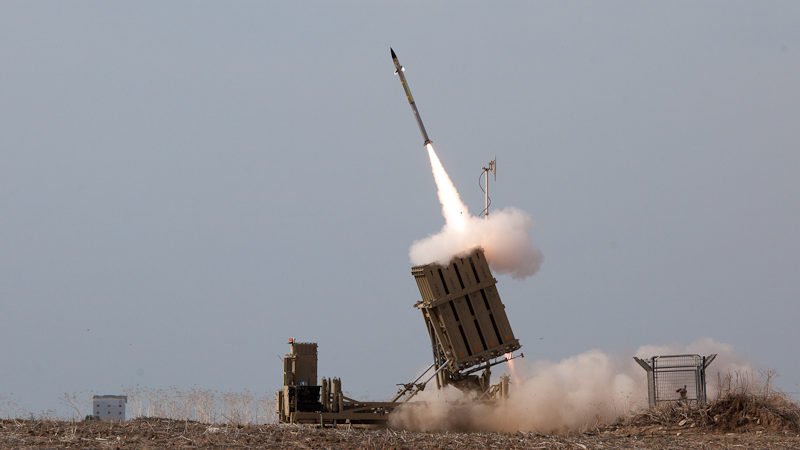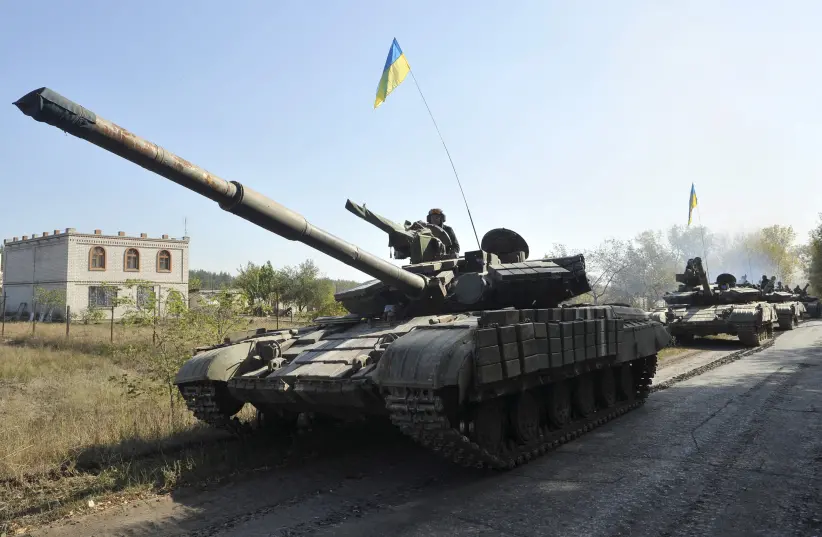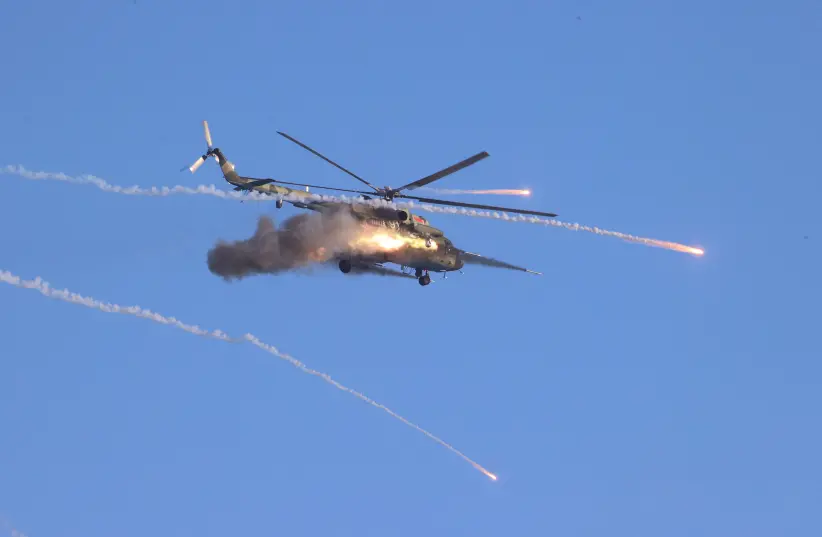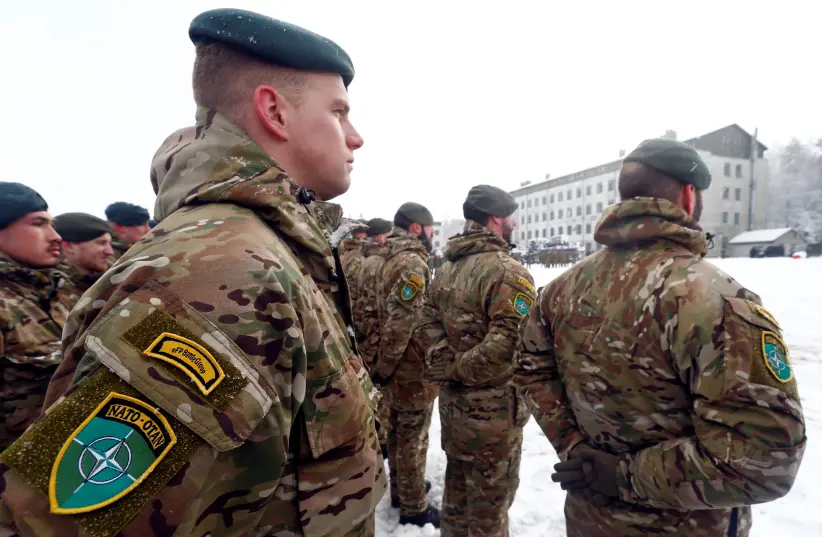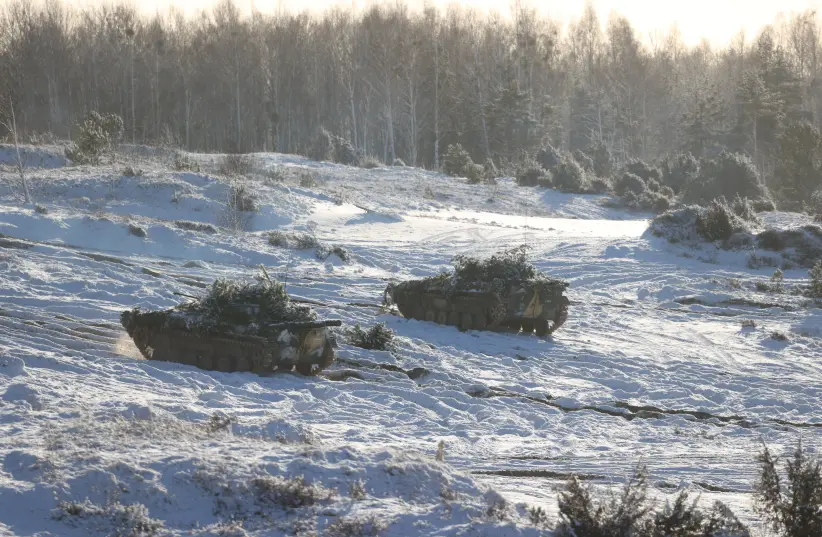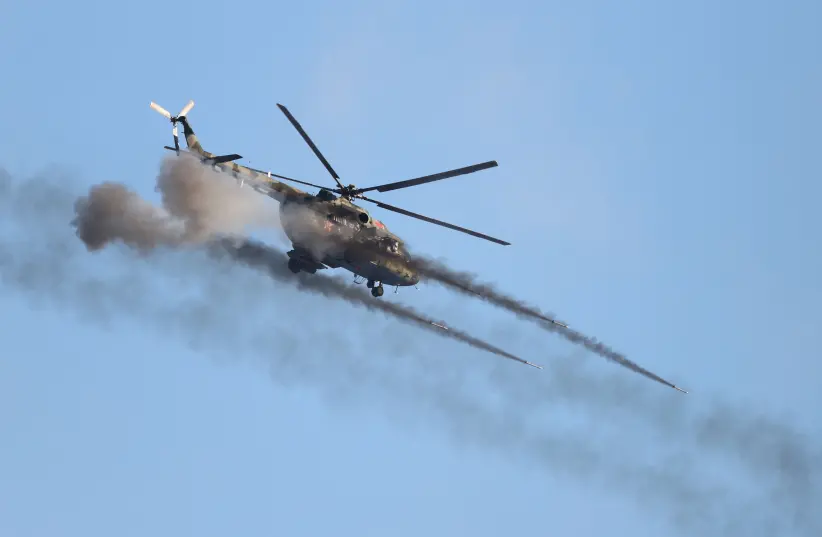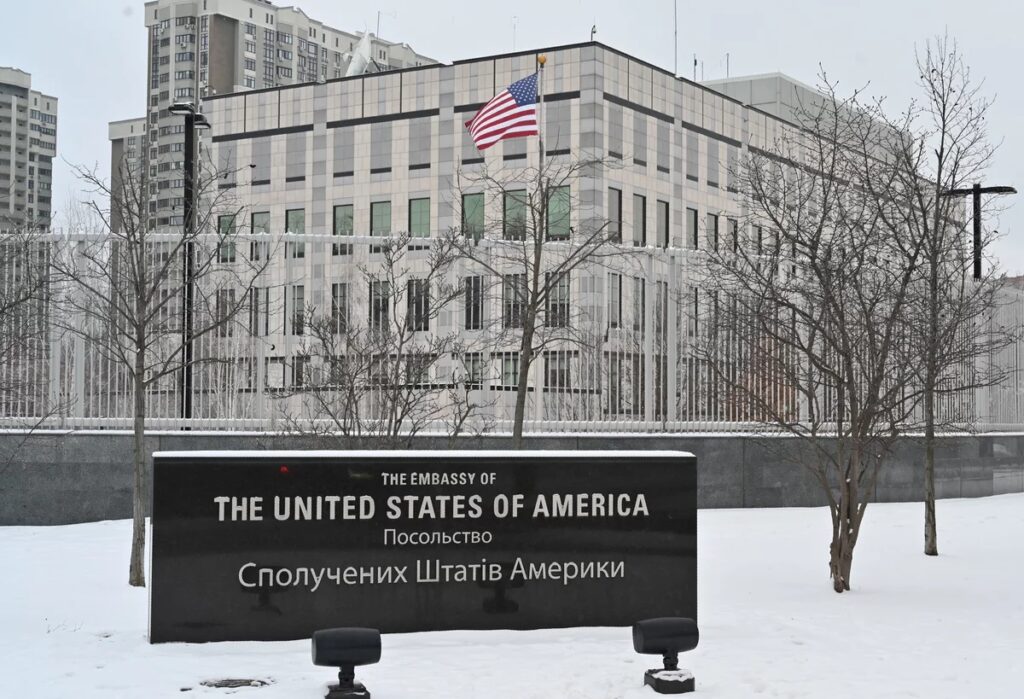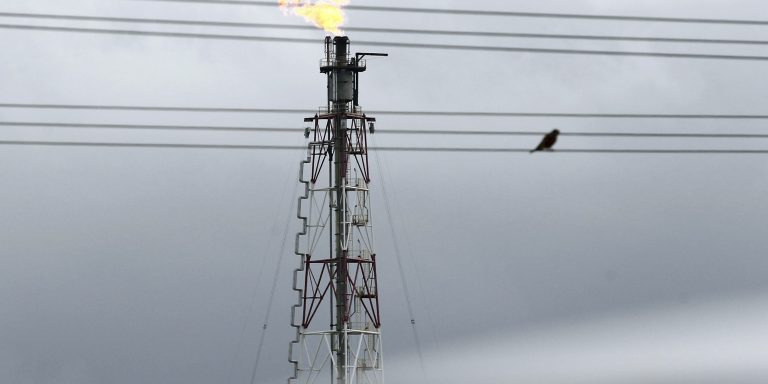US hasn’t verified Russian pullback of troops near Ukraine
Russian President Vladimir Putin said Tuesday that he welcomed a security dialogue with the West, and his military reported pulling back some of its troops near Ukraine. But U.S. President Joe Biden said the U.S. had not verified Russia’s claim and that an invasion was still a distinct possibility.

